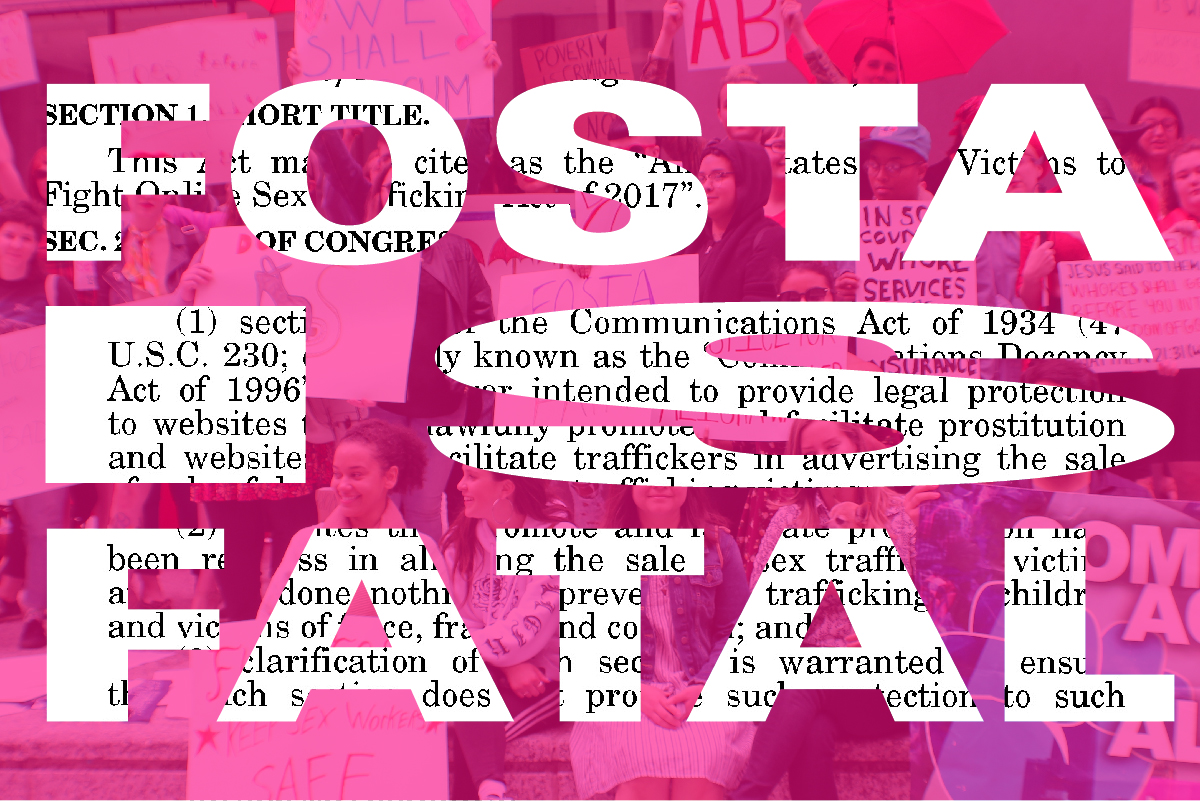
SlutWalk Chicago took place July 28 at Water Tower Place from noon to 4pm as part of a movement calling for an end to rape culture, victim blaming, and slut shaming. Men and women in attendance made signs and told their stories of survival and empowerment.
Illustrator Esther Kim and her friend and fiber artist Nat Stanndiferd were both in attendance and expressed their support of events like SlutWalk.
“Awareness is so strong and I feel now more than ever that I can recognize when something isn’t ok,” Kim said. “In years prior I never felt comfortable coming here and participating but the older I get the more I see the patterns and I see that there is a problem and I want to be a part of the solution.”
Stanndiferd — whose Etsy shop is filled with sex and body positive hand-beaded and embroidered wares — agreed.
“I run a small business that is about empowering bodies,” Stanndiferd said. “We’re all here for the same reasons. We all stem from either having been survivors of sexual assault or understand that it’s a problem and want to talk about it and keep this talk on the table.”
SlutWalk is an annual event that focuses on rape culture and social injustice. This year the conversation also included a response to recent legislation that jeopardizes the safety of sex workers. The package bill, known as FOSTA/SESTA (Fight Online Sex Trafficking Act/Stop Enabling Sex Traffickers Act) clarifies the country’s sex trafficking law to make it illegal to knowingly assist, facilitate, or support sex trafficking. It passed the Senate with a vote of 97 to 2 and has since been the subject of upset in the consensual sex work community.
FOSTA/SESTA has been publicly opposed by the American Civil Liberties Union (ACLU). The ACLU stated in a letter sent to the Senate Commerce Committee in November 2017 that, “We are concerned [SESTA] would significantly chill the explosion of online political, artistic, and commercial speech without improving the plight of sex trafficking victims.” They followed with another letter opposing FOSTA in March 2018.
The Center for Democracy & Technology, Aids United, and the Department of Justice have also voiced their concerns. Others, including End Child Prostitution and Trafficking Network, and Equality Now have spoken out in support of the law.
A sex worker in Chicago who chose to remain anonymous has been in the industry for 17 years, and believes that FOSTA/SESTA has removed the safety network made possible by the sites it has shut down. Sex workers like her and others are concerned about the future of a community that was once able to more openly connect.
“Our safety net is gone. It has also made it more difficult for hobbyists and sex workers to find each other. Because of this, sex workers are feeling more desperate and are agreeing to do things they otherwise felt empowered to refuse, or are agreeing to see clients without knowing anything about them. In a way, under the guise of anti-trafficking, this is a perfect storm of creating another form of nonconsensual or coerced sex-work,” she told F News.
SlutWalk is the latest of a series of protests by sex workers fighting for their rights since the passing of the package bill on March 21.
A Funeral for the Death of Safer Sex Work — a protest that took place earlier this summer — was also attended by sex workers and allies who believe FOSTA/SESTA does more harm than good. The protest was an organized mock funeral; attendees came dressed in black attire and took to the streets in an effort to educate the public on the law and its impact on sex workers. According to Sex Worker Outreach Project (SWOP) Chicago’s website, the march was “a way to collectively grieve the end of an era for sex workers.”
Amber Youngbrandt, a photographer working on an ongoing project she calls “Sex in The Windy City” attended and photographed the protest. Her project focuses on collecting the stories of sex workers in the Chicago area (though she plans on taking it nationwide) and inviting them to talk about the work they do and the impact it has had on them.
“I myself have been a sex worker, not in the traditional sense where people naturally assumed I escorted, but in exotic dancing and pornography. I first started stripping at 18 to get myself on my feet as an adult on their own without a traditional job that was paying enough to keep a roof over my head. After some time I eventually settled down and got married/had a family and quit dancing to pick up photography (a passion I never knew I had) then through a weird series of events, landed myself doing porn last year while going through the divorce of said marriage,” Youngbrandt said.
“Porn really opened my eyes to the complicated and unfair treatment of sex workers, where I was now the target of abuse. So, quickly it came to a point that I needed to quit porn and start doing photography or other ‘vanilla jobs’ again. But porn had done its number on my psyche and reputation. Even if I tried to forget about it, my entire hometown and whoever else has the internet knows I’ve done porn and reminds me. The treatment I experienced (and still experience) pushed me to start the Sex in The Windy City project.”
SWOP Chicago also participated in International Whores Day on June 2. International Whores Day was created to commemorate the 1975 occupation of Saint-Nizier Church in Lyon France by more than a hundred sex workers protesting police terror and brutality. The day brings sex workers together to call for their respect and liberation, and demand the decriminalization of sex work and an end to profiling. SWOP Chicago, joined by sex workers and sex work allies, gathered in Daley Plaza to make their voices heard and provide education and support to sex workers who disagree with FOSTA/SESTA.
With sex workers having to leave social media platforms that once helped them find and screen clients due to the liability those sites now face, some are turning to a new platform called Switter, a “sex work-friendly social space.” Switter is run by Australia-based firm, Assembly Four. According to their website Assembly Four was founded in early 2017 “with the original goal of providing sex workers with services and products that existing industries have previously ignored due to social stigmas.” Switter is set up using an Austrian domain because prostitution is legal there.
SWOP Chicago hosts monthly sex worker support group meetings that can be found on their Facebook page. The next event hosted by Slut Walk Chicago is a SlutSpeaks Poetry Open Mic on August 13.







